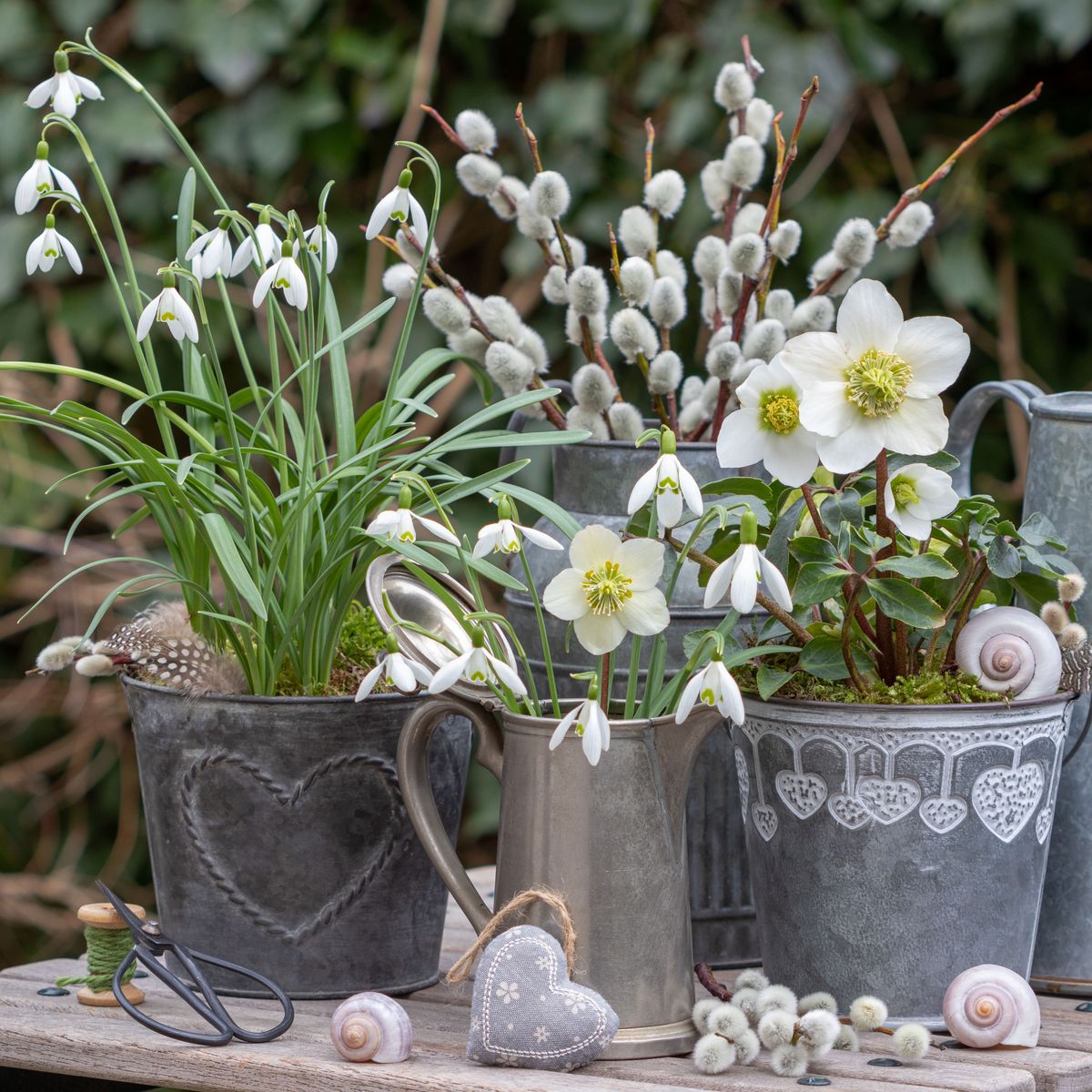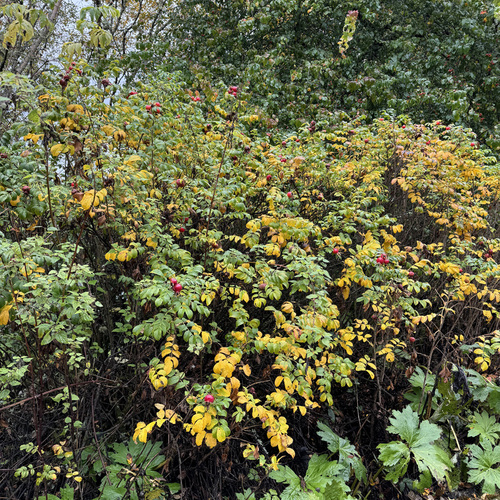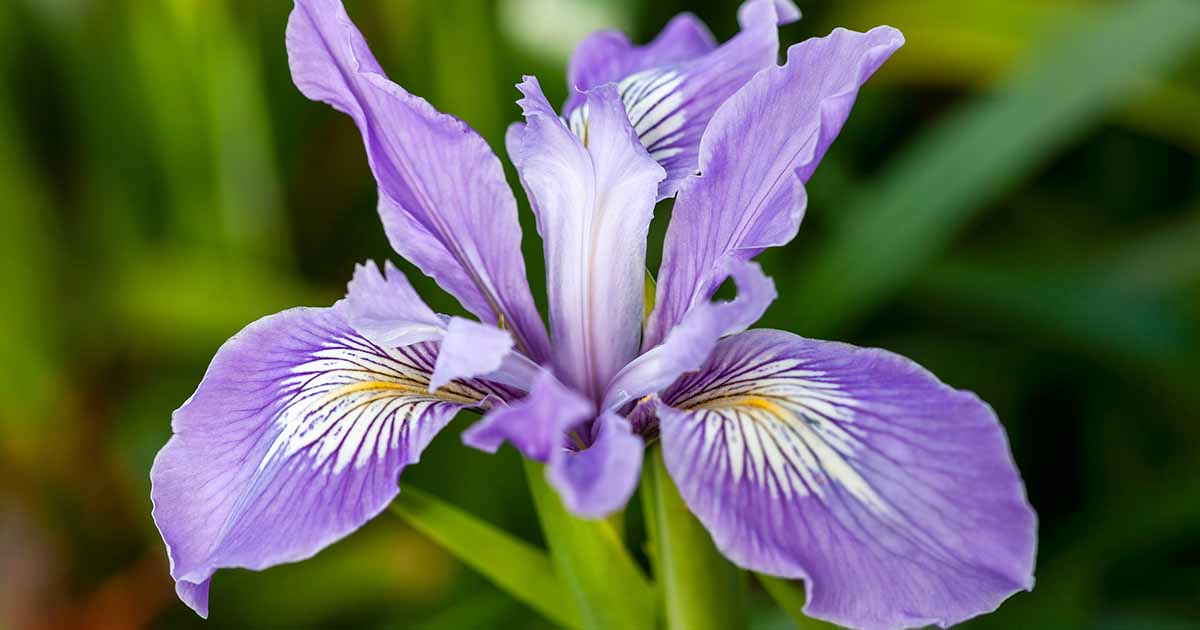Gardening is often touted as a good hobby for staying physically active. It burns calories and builds strength and flexibility as you lift, carry, squat, and, of course, pull persistent weed after weed. This is all true, but for me, the primary benefit of gardening is what it does for my mental health.
Gardening Gets Me Outside
Research has proven what many people and cultures have long known: Being outside, being in nature and around green, growing things is good for mental health. I don’t have to garden to go outside, but when chores are waiting to be done daily, it forces me to get out there.
Being outdoors provides a big boost to mental health. It’s not necessary to get deep into the wilderness. Simply being where plants grow and wild animals live is enough to improve mood, lower depression, reduce stress and anxiety, and increase relaxation and resilience during difficult times.
In an increasingly technological world, this is more important than ever. I love the outdoors, but even for me, it’s easy to get lost in streaming movies and TV shows, scrolling through social media, and basically staying indoors, glued to a screen. Gardening is a reminder that I need to be outside, daily.
Gardening is Lifelong Learning
All hobbies are beneficial, but what I like so much about gardening is that it’s an ongoing learning experience. Good mental health relies on being satisfied and fulfilled in your life. For me, a big part of that is learning.
Gardening is the perfect hobby for anyone who loves to learn. Even if I become a master gardener, there is always still more to know. I learn through experience, from reading, and through occasional courses offered through my county extension office. To keep on learning is incredibly satisfying and leaves me feeling accomplished and fulfilled.
Gardening is Mindfulness
I discovered the joys of meditation only recently. After deciding to try a daily meditation course, I realized that gardening had been providing me with a type of mindfulness meditation for years. I just never realized it.
When working in the garden, I am in the moment. My mind focuses on the task at hand while my senses take in the feel of the dirt, the wind, and the sun. I hear birds and insects and see and smell all the plants around me. This is the essence of mindfulness, which is simply being aware of the present moment.
It turns out that all these years of gardening have been a beneficial mindfulness practice. According to research, mindfulness is good for mental health because it distracts the mind from troubling thoughts. While lost in a gardening task, instead of dwelling on past worries or future anxieties, my mind is focused on the moment. This is probably an important reason why I feel more relaxed and calm after spending time working in the garden.
Gardening is Acceptance
A big block to better mental health for me, and for many I’m sure, is acceptance. In order to be truly happy, it’s important to accept things you cannot change or control, to accept that things can’t always be perfect.
Gardening is a good hobby for anyone hobbled by perfectionism. Nature has a mind of its own. No matter how hard you work to get a garden to look a certain way, you cannot control every aspect of the outcome. Things will always go wrong. A plant that should have been perfect in one bed fails to thrive. Pests return despite your best efforts.
My garden has forced me to accept that I have to adapt my plans and sometimes cope with things the way they are. This doesn’t mean giving up or not working toward goals, but there are limits to what anyone can accomplish or control. Working in a garden has been a perfect lesson in acceptance, which ultimately leads to more happiness.
Gardening for health is a great goal. For anyone new to the hobby, just dive in and try it. You don’t have to do it well at first, and you likely won’t. Enjoy the process, embrace the outdoors, and accept your limitations.











